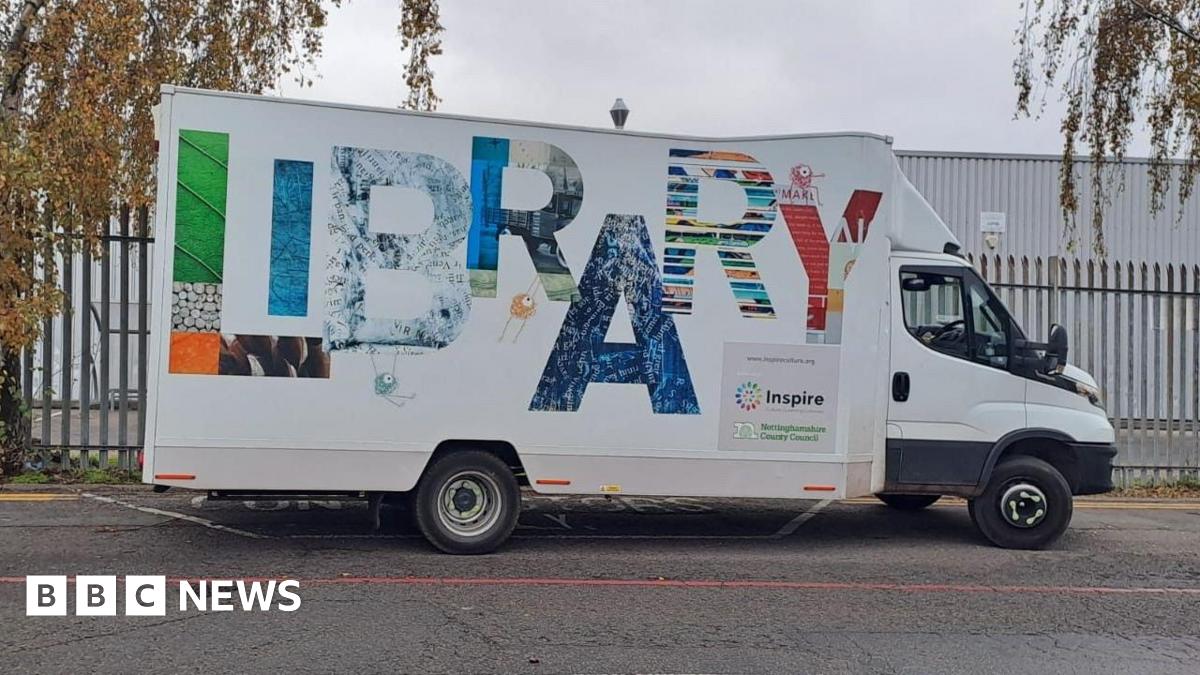The mobile library will be open at Woodthorpe Grange Park between 10:00 and 13:00 on the following dates:
-
20 December
-
10 January
-
17 January
-
24 January
-
31 January
Bal Johal, 60, from Woodthorpe, who visited the mobile library on its first day, said she…
